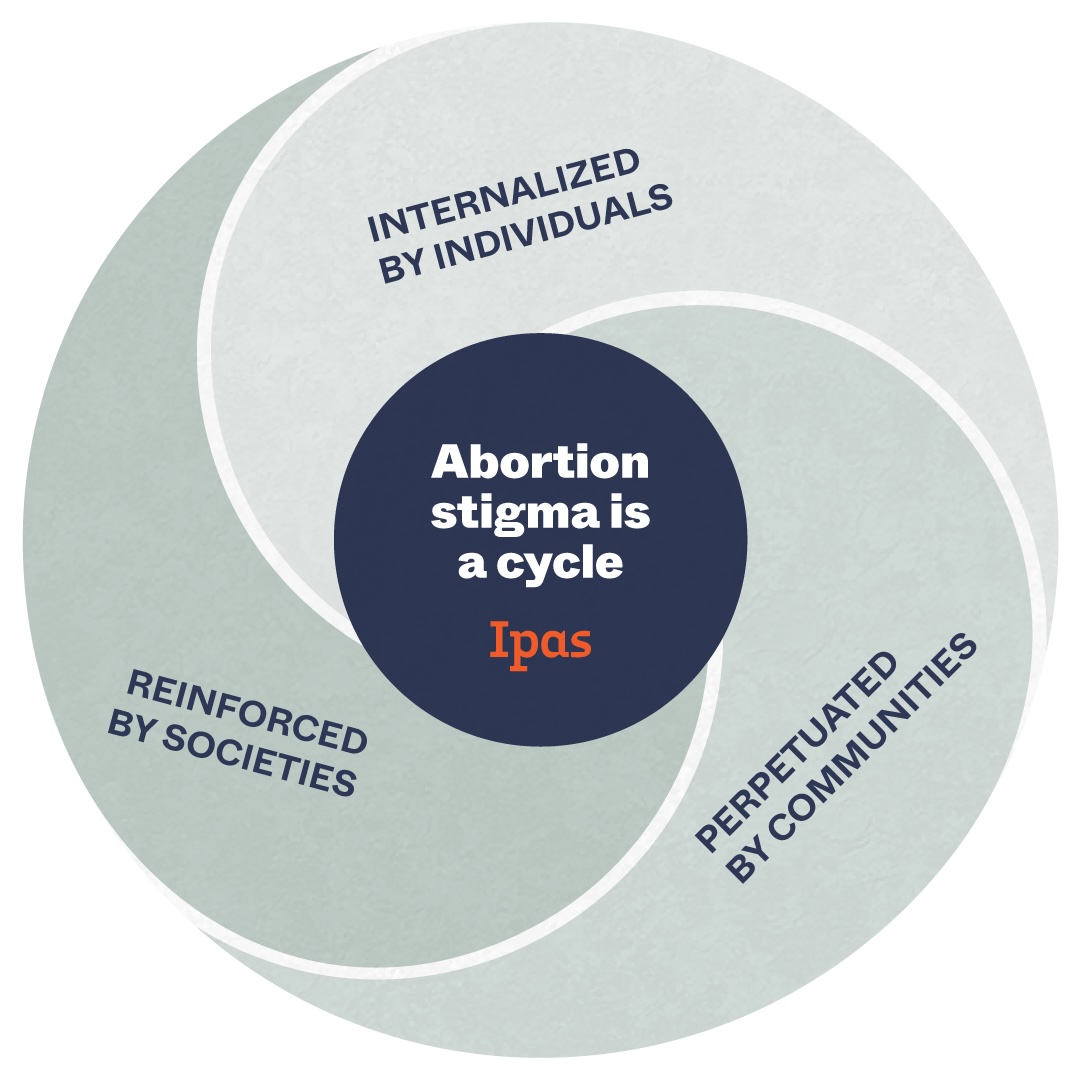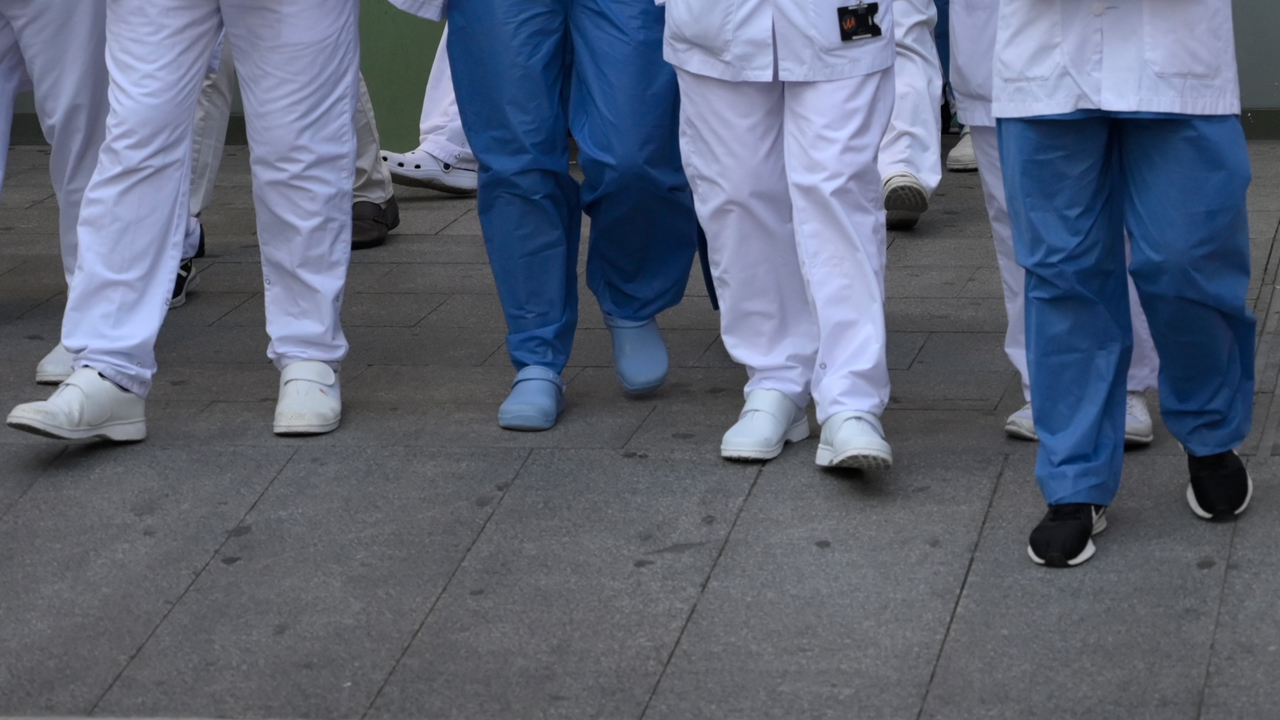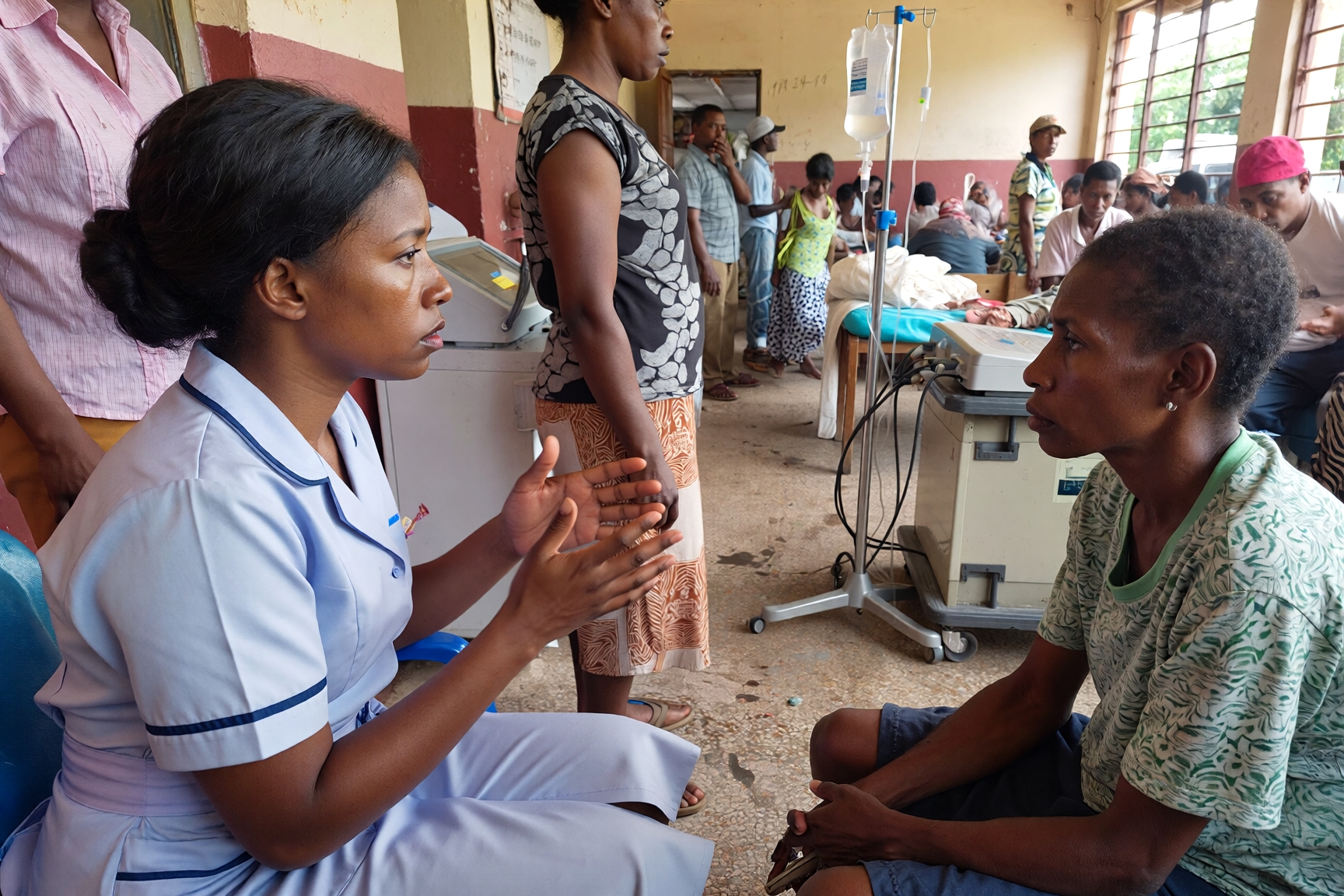A new study by the Leadership Initiative for Youth Empowerment (LIFE) has revealed that unsafe abortions account for about 37 per cent of all pregnancy-related deaths among women in Lagos slum communities, prompting urgent calls for government and community intervention.
The research focused on Oshodi-Isolo and Mushin local government areas, highlighting deep-rooted socio-economic, cultural, and health system failures that continue to fuel preventable maternal deaths.
The study, titled “Identifying and Addressing the Root Causes of Preventable Maternal Deaths and Abortion-Related Mortality in Oshodi-Isolo and Mushin, Lagos State,” paints a troubling picture of women’s reproductive health in two of Lagos’s most densely populated urban districts.
According to the findings, poverty, stigma, and limited access to quality healthcare are the biggest drivers of unsafe abortion and maternal mortality in these communities.
While over 85 per cent of women surveyed reported attending antenatal clinics, poor healthcare infrastructure, long waiting times, and reliance on partners for health-related decisions often hindered timely access to care. Economic hardship further forced many women to delay or forgo medical attention, especially during emergencies.
Alarmingly, 37 per cent of respondents admitted to having undergone an abortion, with a significant number conducted under unsafe conditions. Common reasons included financial hardship, partner rejection, and fear of social stigma. Many women resorted to unqualified providers or self-medication using harmful concoctions and unprescribed drugs, putting their lives at risk.
The study revealed that 86 per cent of respondents earned below the national minimum wage of N70,000, making safe reproductive health services unaffordable for most. Cultural beliefs and mistrust of orthodox medicine also emerged as critical barriers, with many women preferring traditional birth attendants (TBAs) over hospitals, citing fear of caesarean sections and high costs. In several cases, women who suffered complications from unsafe abortions or childbirth sought further care from TBAs, worsening their conditions.
Focus group participants described widespread fear and stigma surrounding abortion, with many women avoiding hospitals due to concerns about judgment, breach of confidentiality, or religious condemnation. “Some women would rather risk their lives than go to a hospital where people will gossip about them,” a respondent from Oshodi-Isolo said, reflecting the depth of social stigma in the communities.
The research also exposed major gaps in healthcare delivery. Respondents cited long queues, inadequate facilities, poor staff attitudes, and limited emergency services, with some communities lacking ambulances and round-the-clock maternity support.
To address the crisis, LIFE urged the Lagos State government to strengthen primary healthcare, expand emergency obstetric and post-abortion care, and provide financial support for low-income women.
The organisation also recommended widespread community education campaigns to promote safe motherhood, raise awareness of the dangers of unsafe abortion, and encourage male involvement in reproductive health decisions.
The report further called for the inclusion of comprehensive sexuality education in schools and community programmes, and for training healthcare workers to provide confidential, non-judgmental services for women seeking abortion and post-abortion care.
“Maternal deaths linked to unsafe abortions are entirely preventable. By addressing poverty, stigma, and systemic weaknesses in healthcare delivery, Lagos can save countless women from dying needlessly and move closer to achieving the Sustainable Development Goal of reducing maternal mortality to fewer than 70 deaths per 100,000 live births by 2030,” the report concluded.
LIFE stressed that preventing unsafe abortions and improving maternal health outcomes will require collaboration among government agencies, health professionals, civil society, and local communities, ensuring that every woman, regardless of income or social status, has access to safe, affordable, and respectful care.






